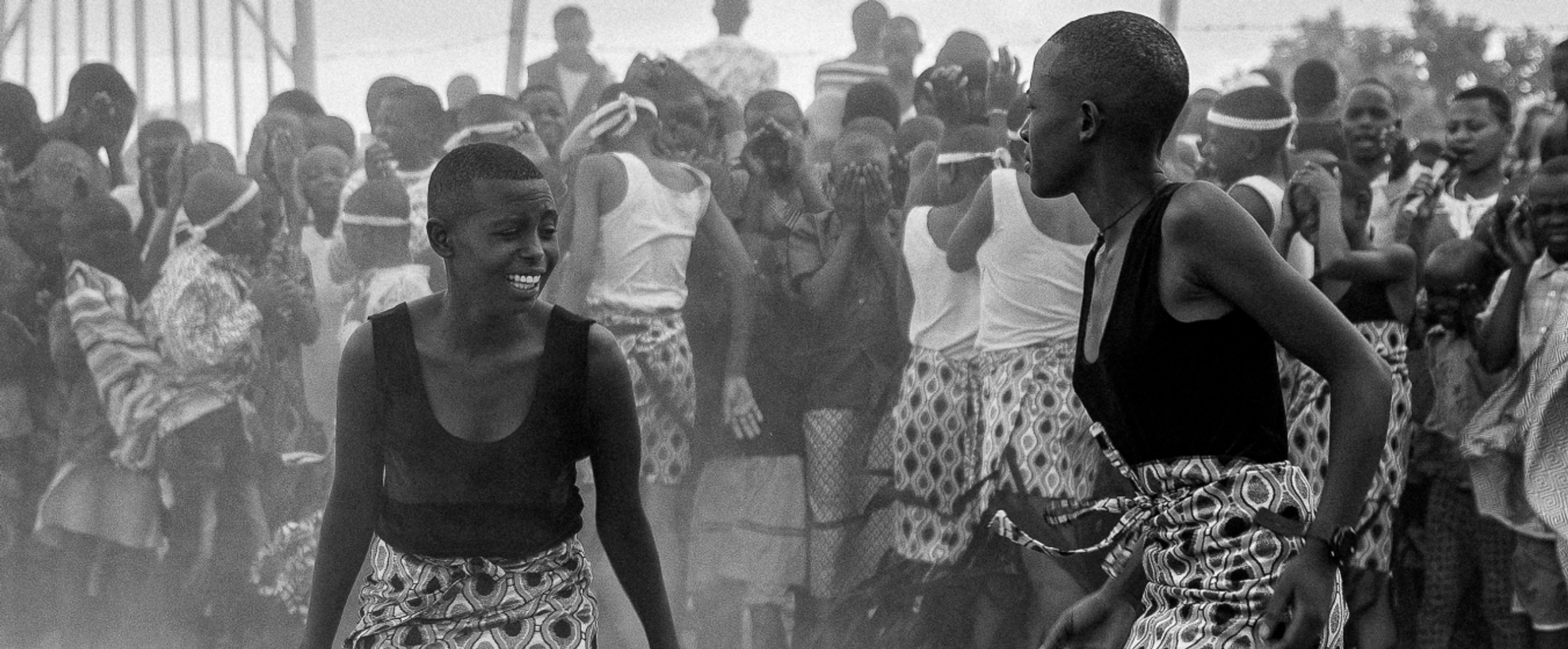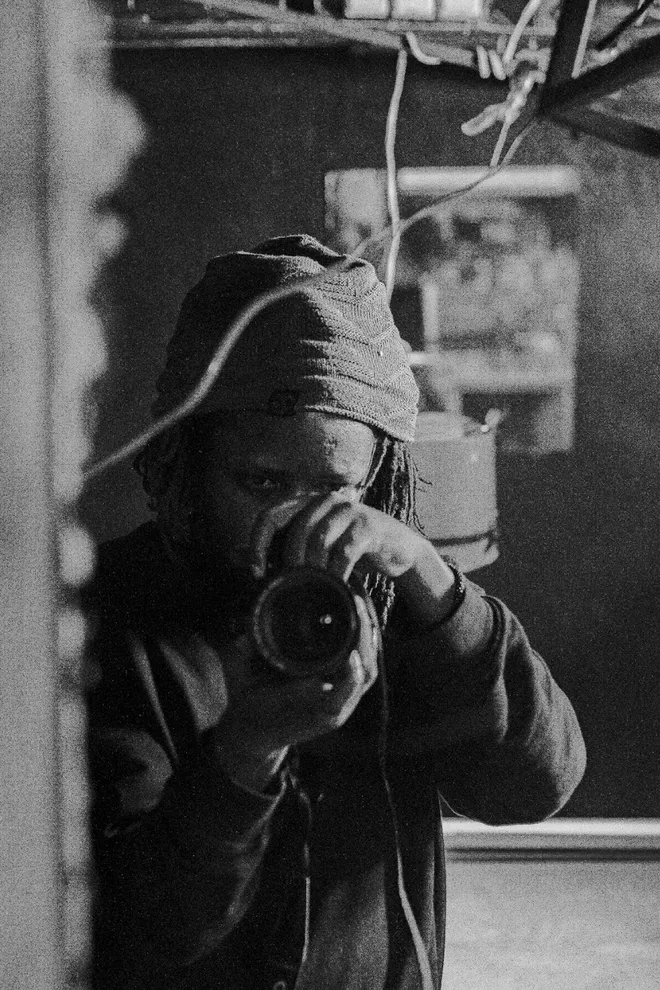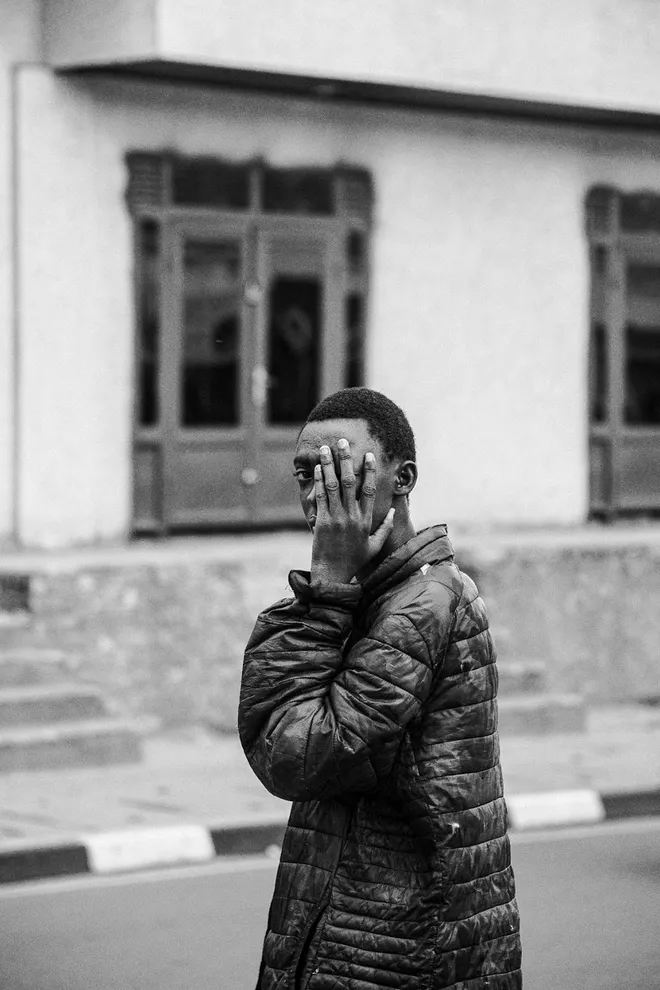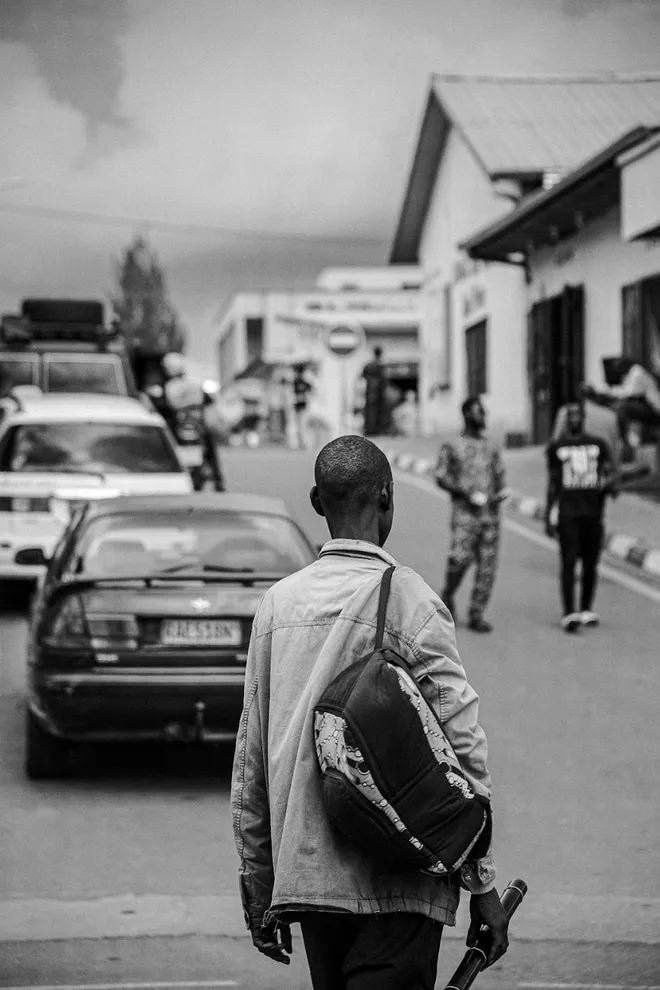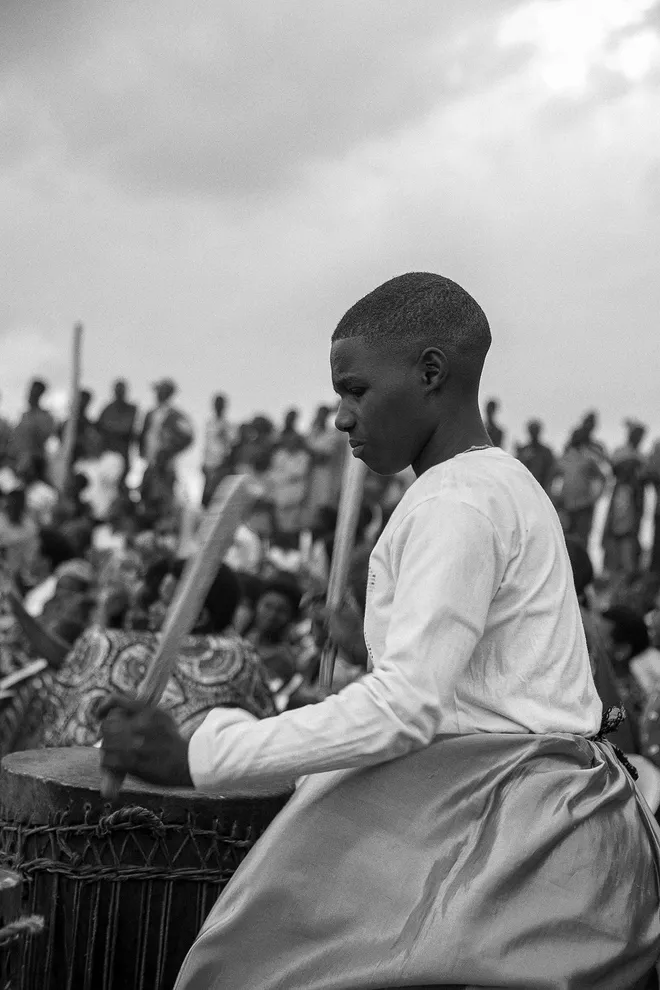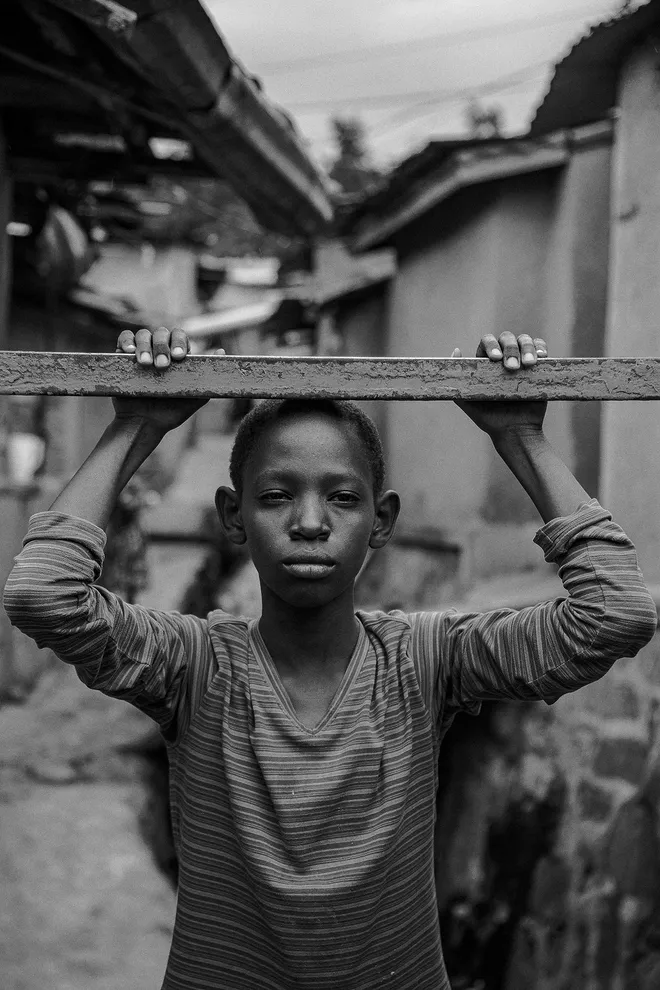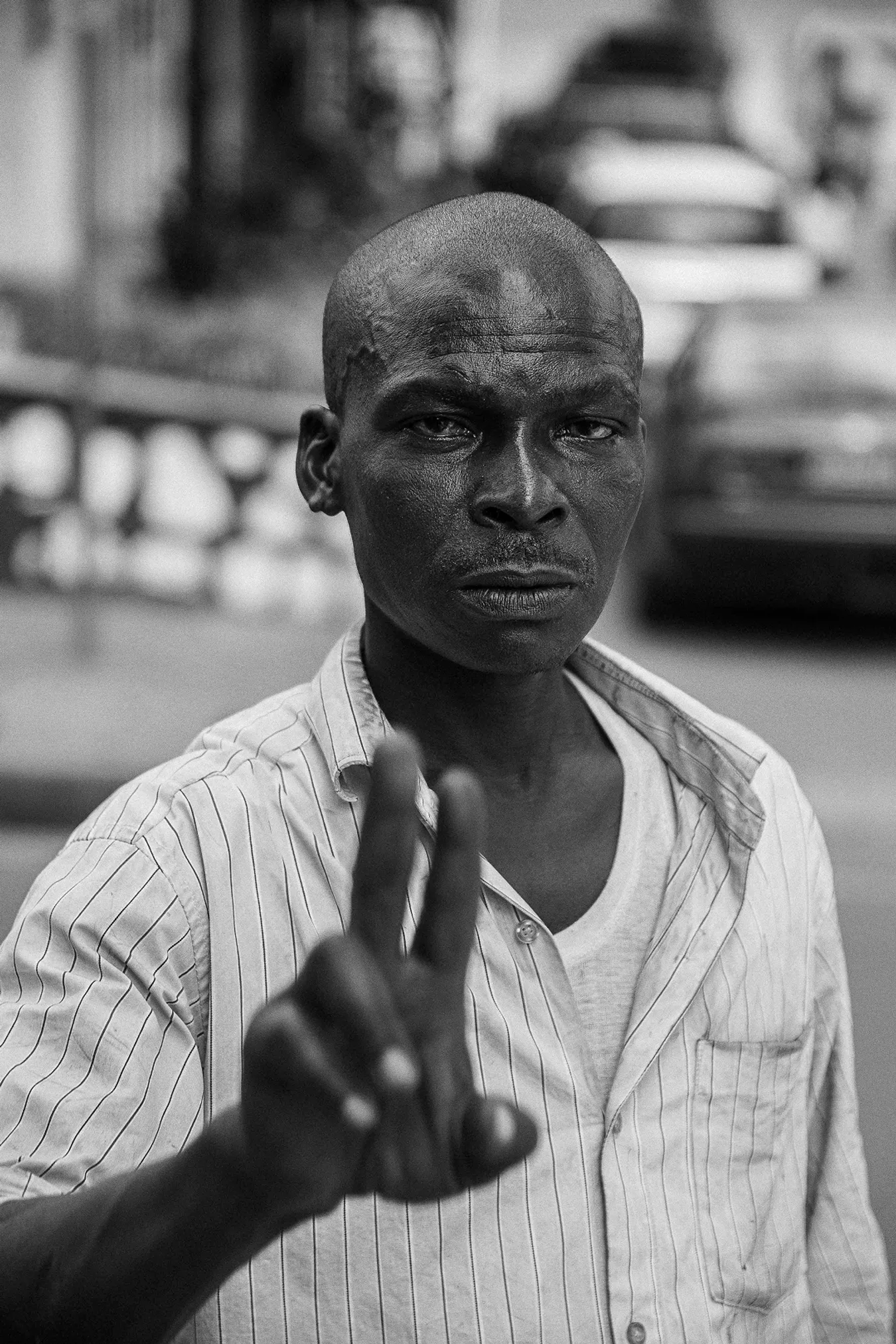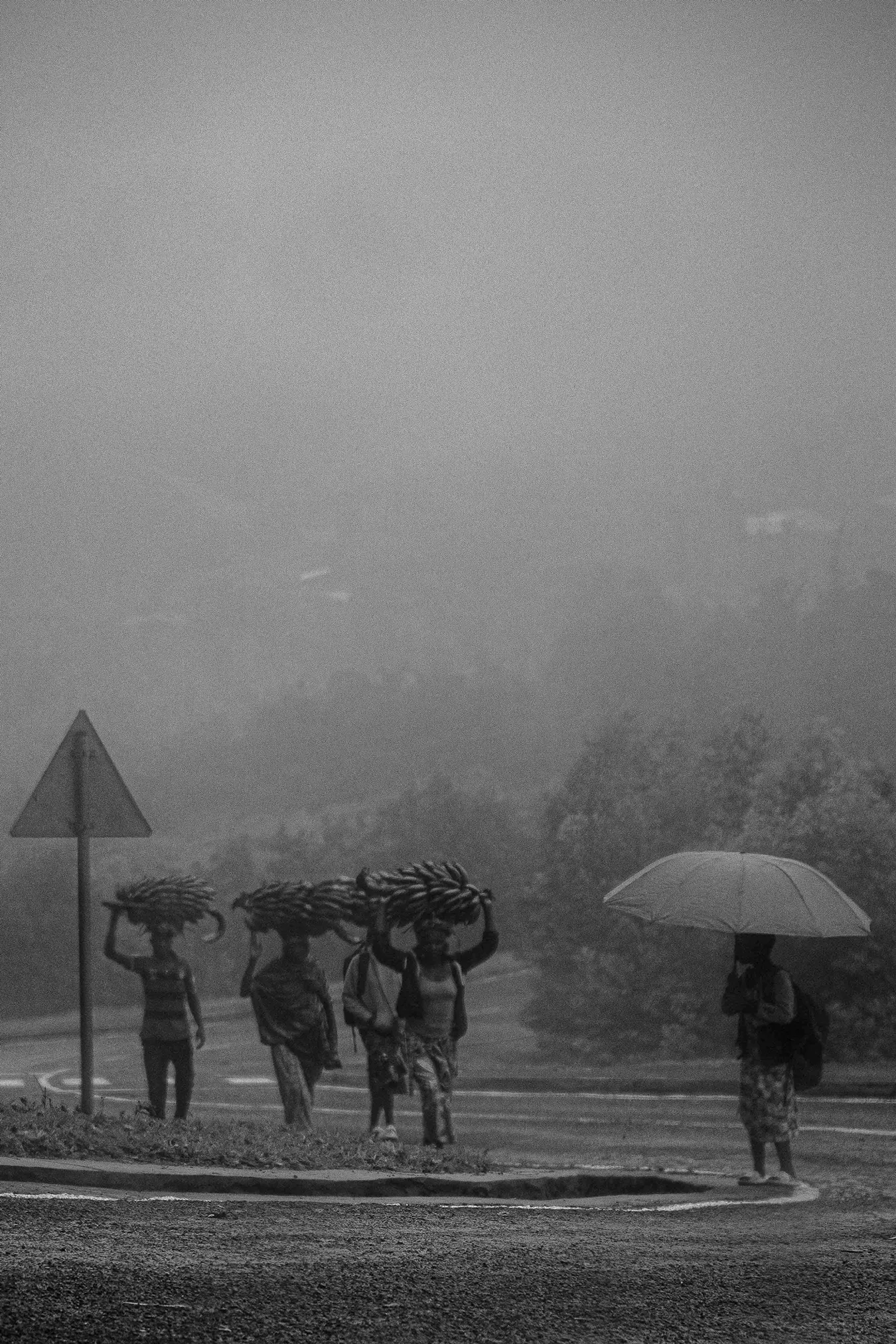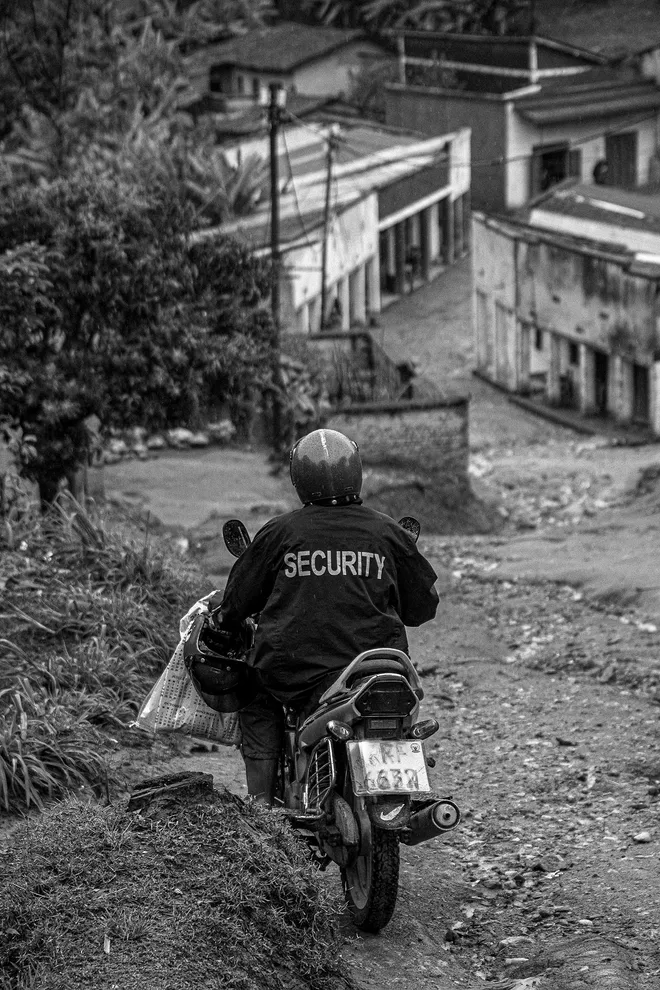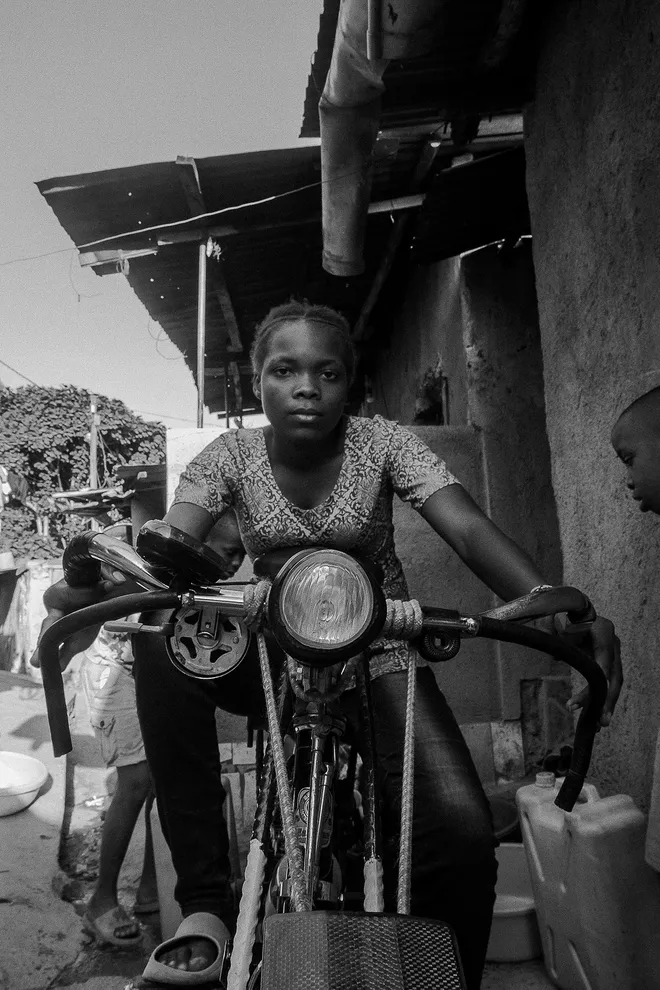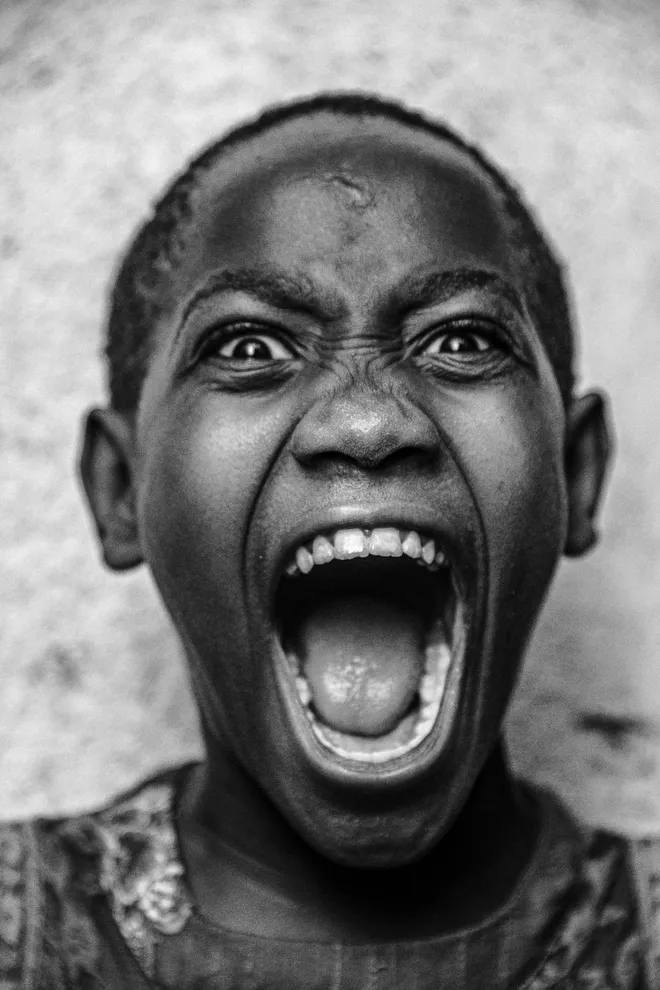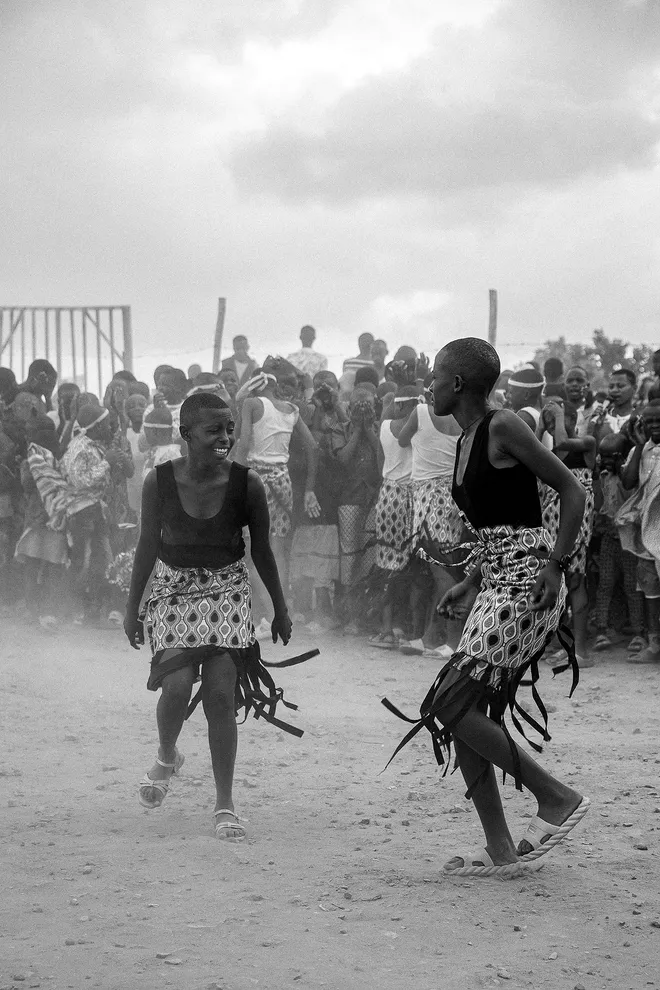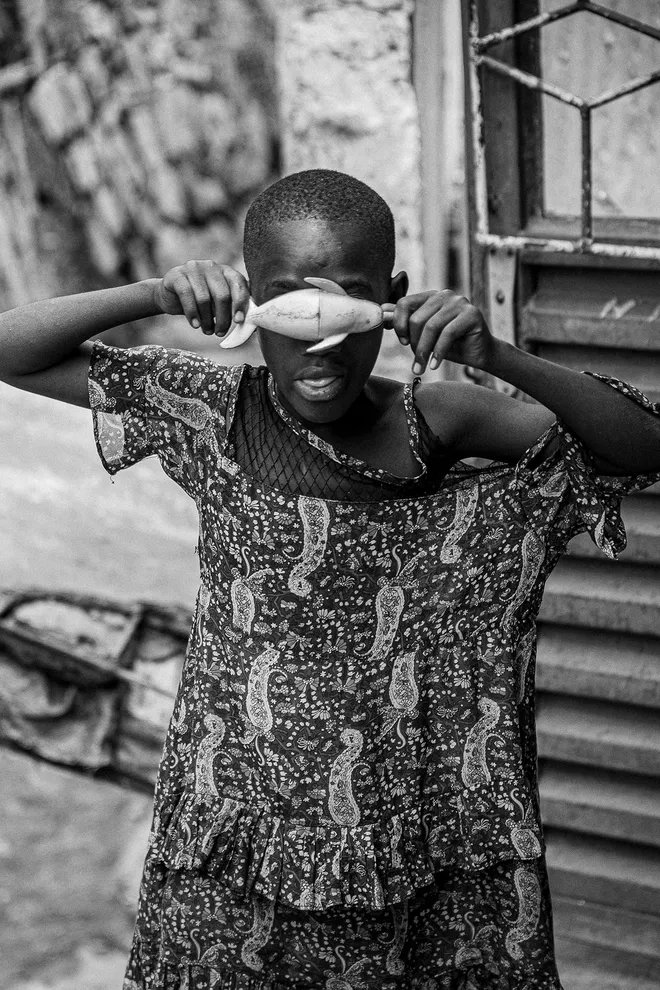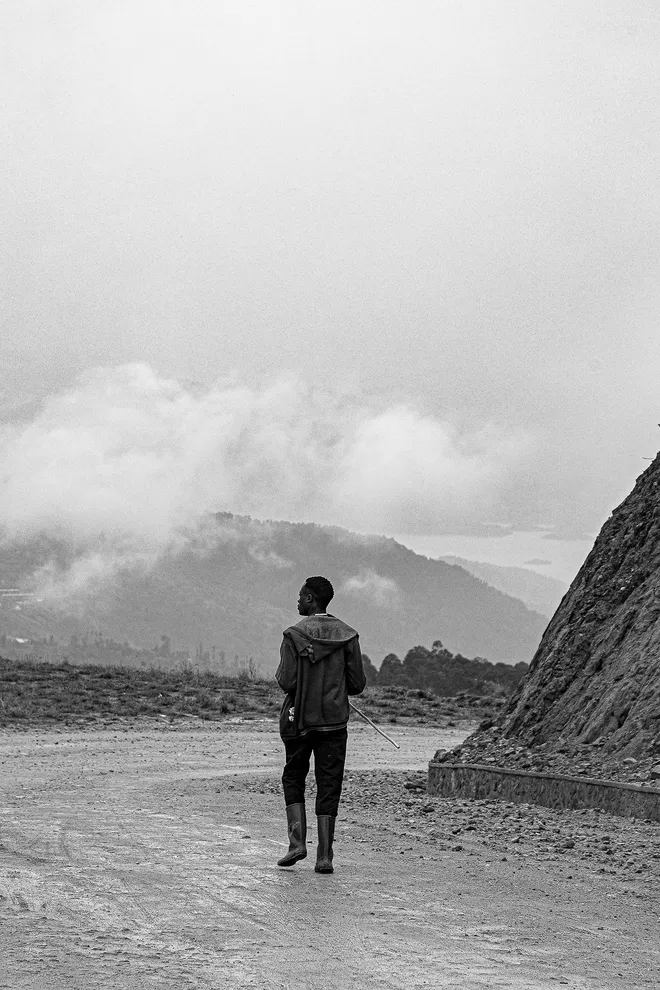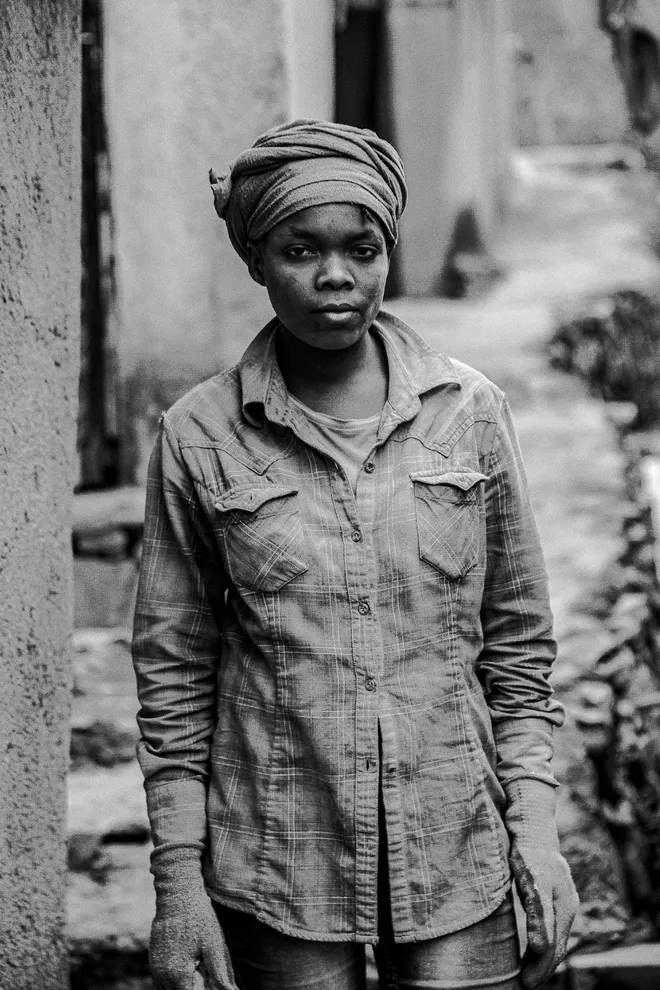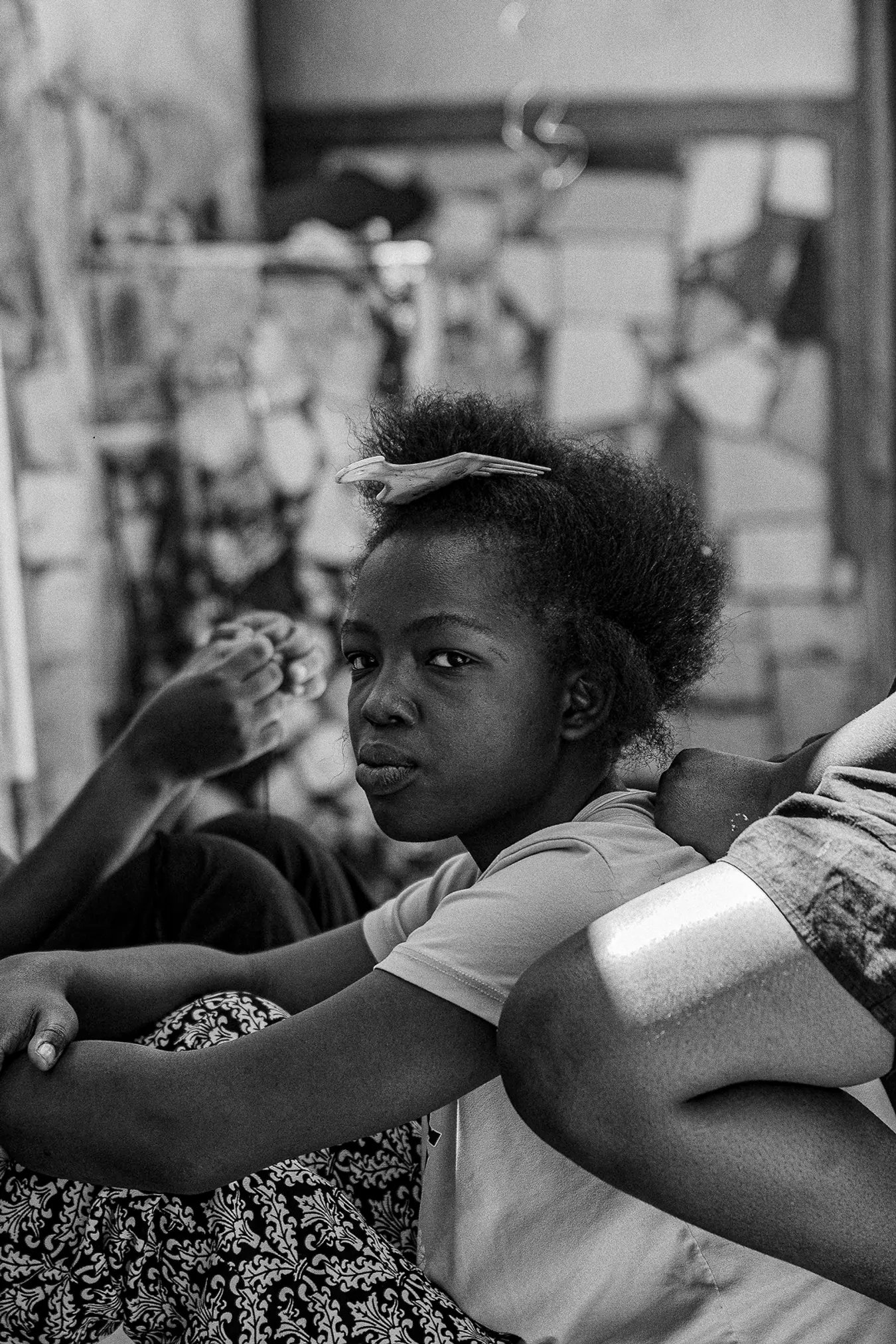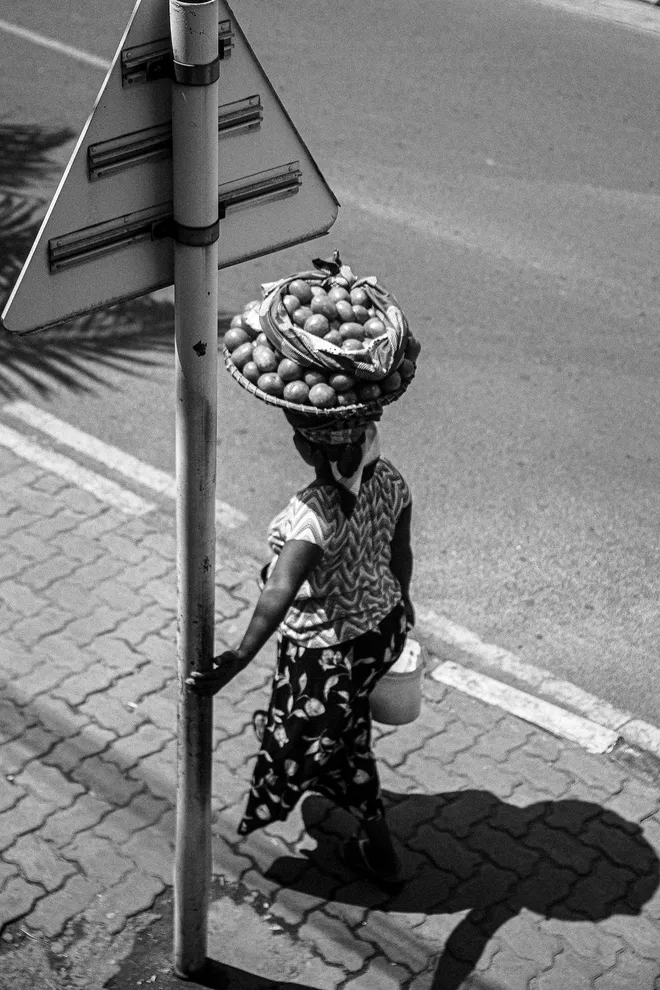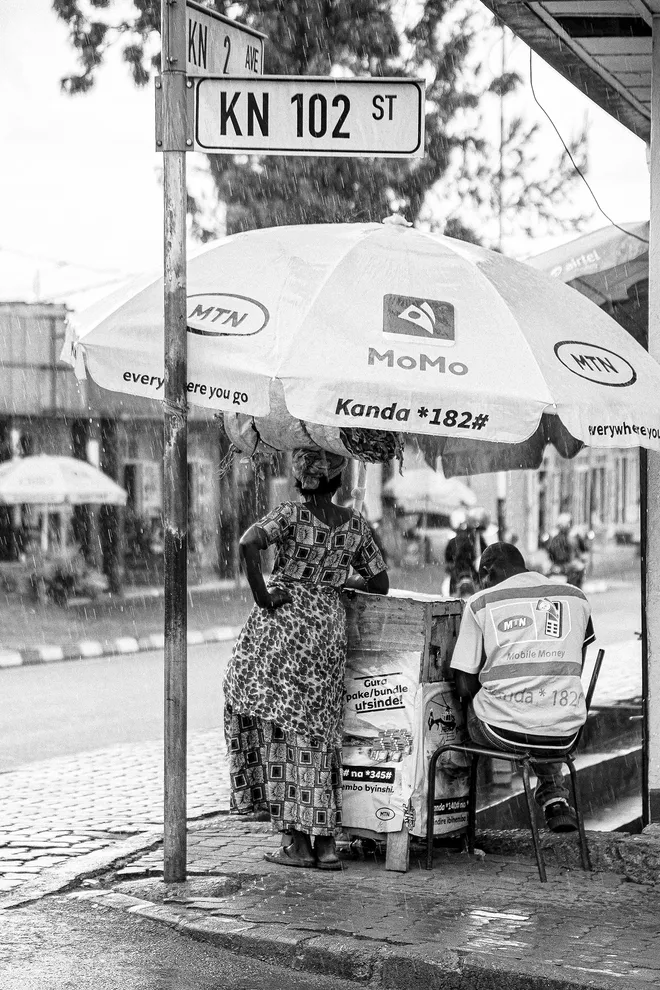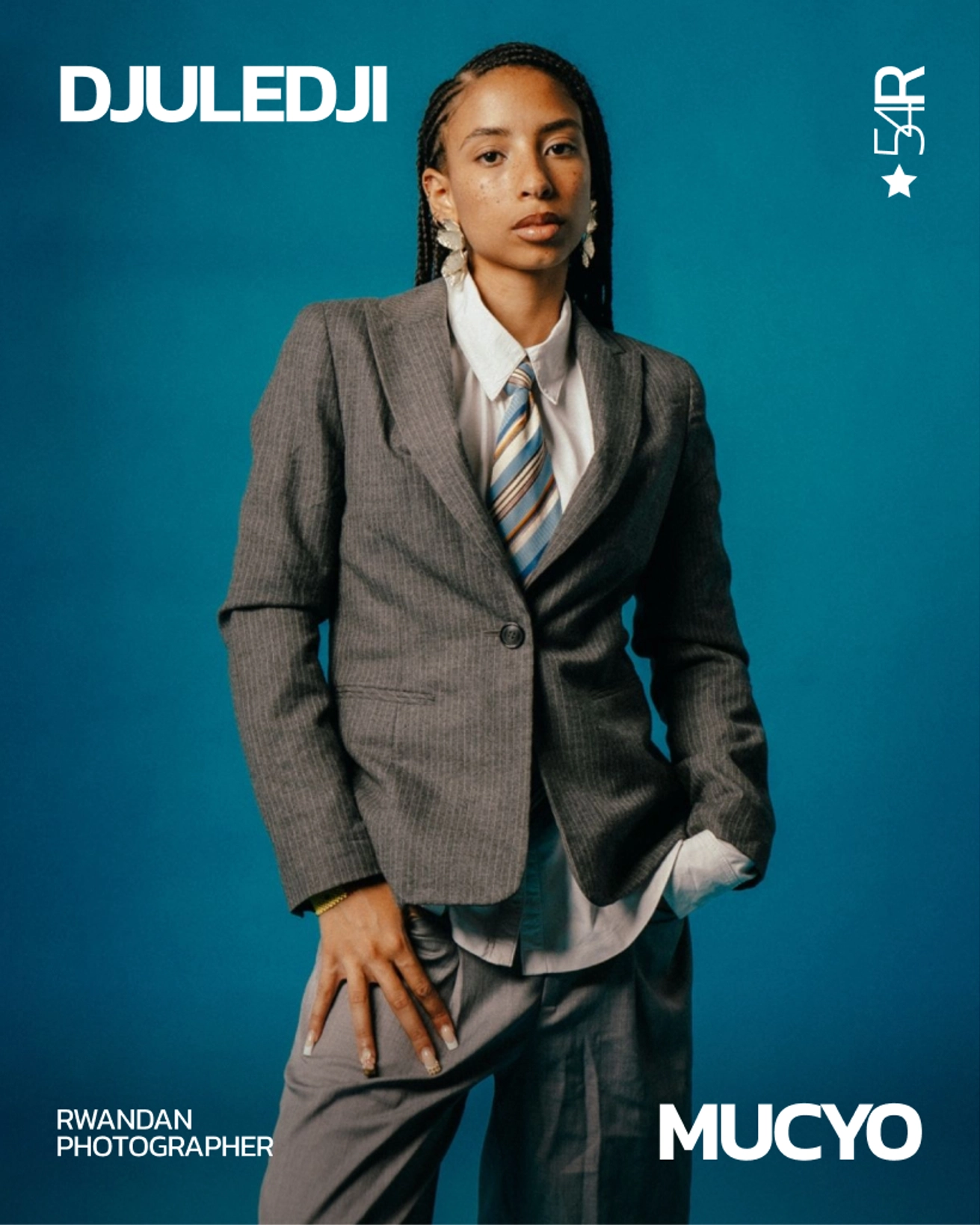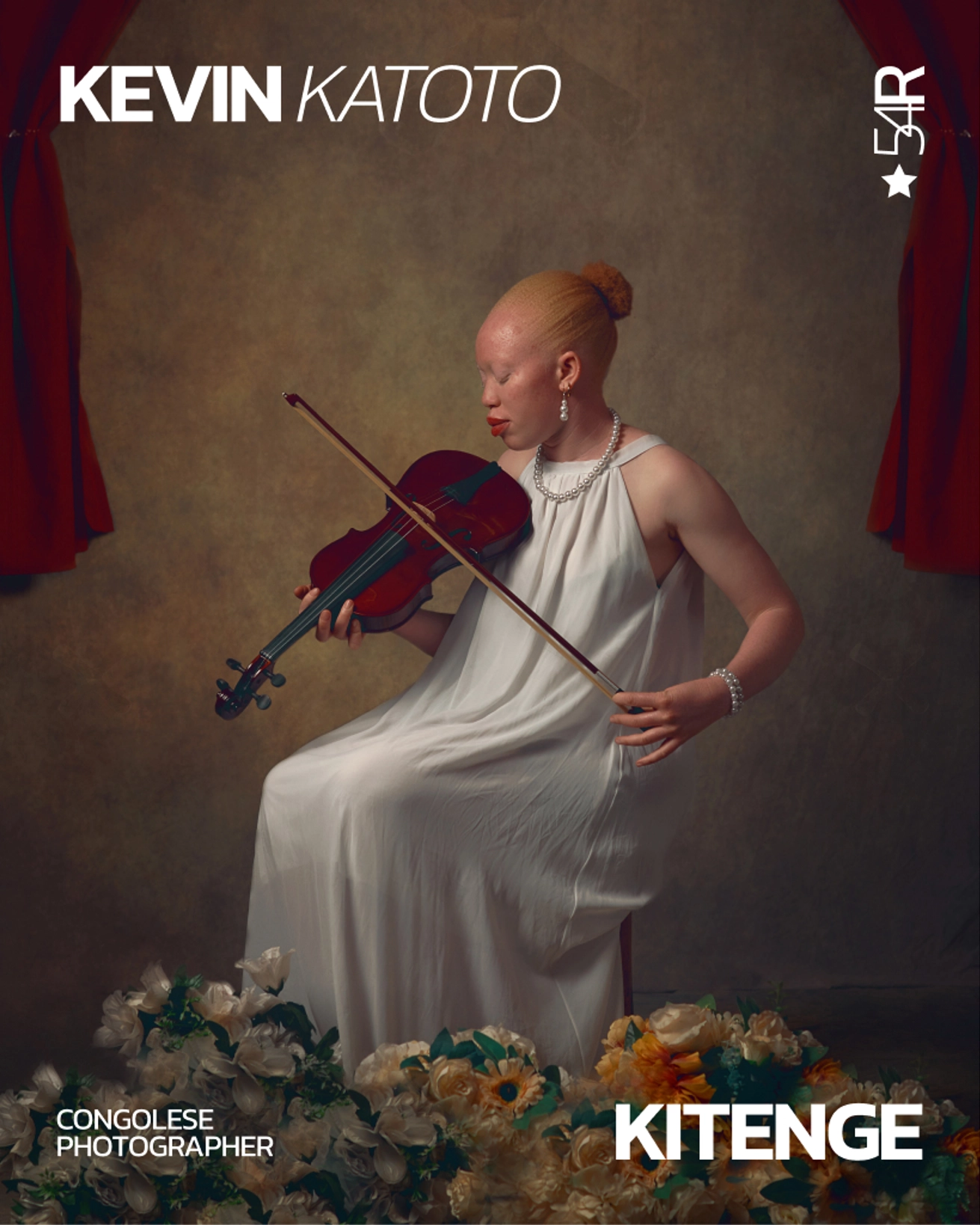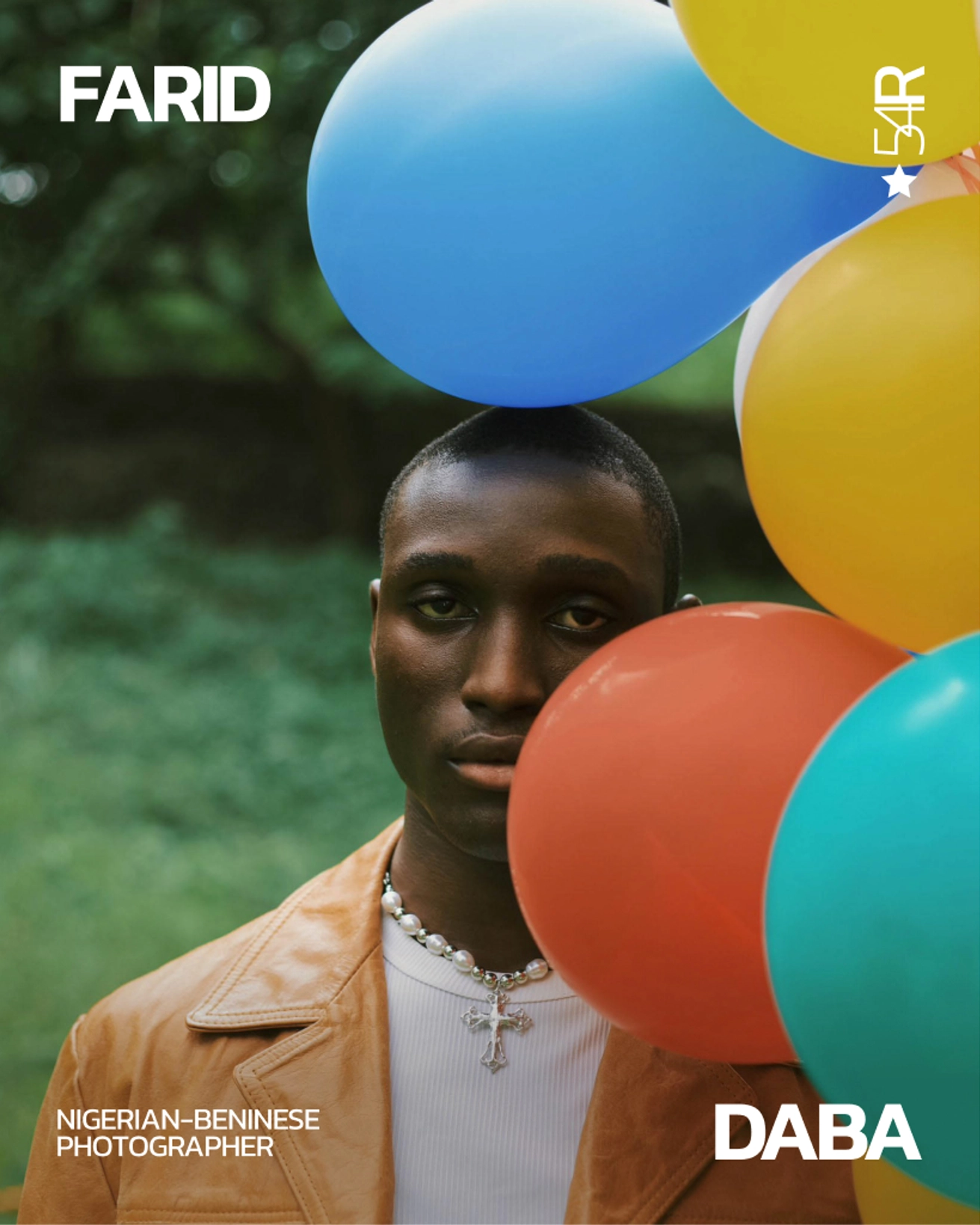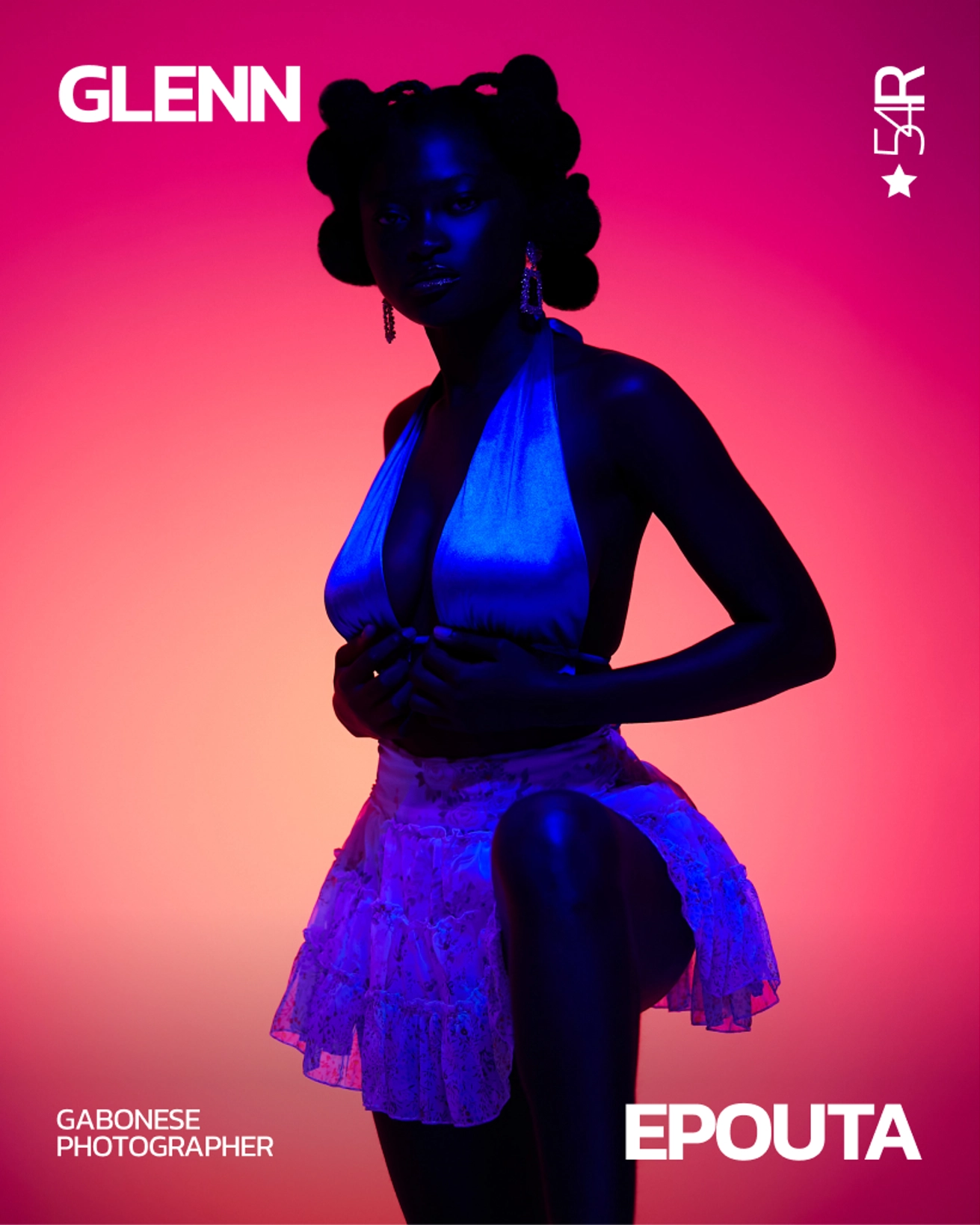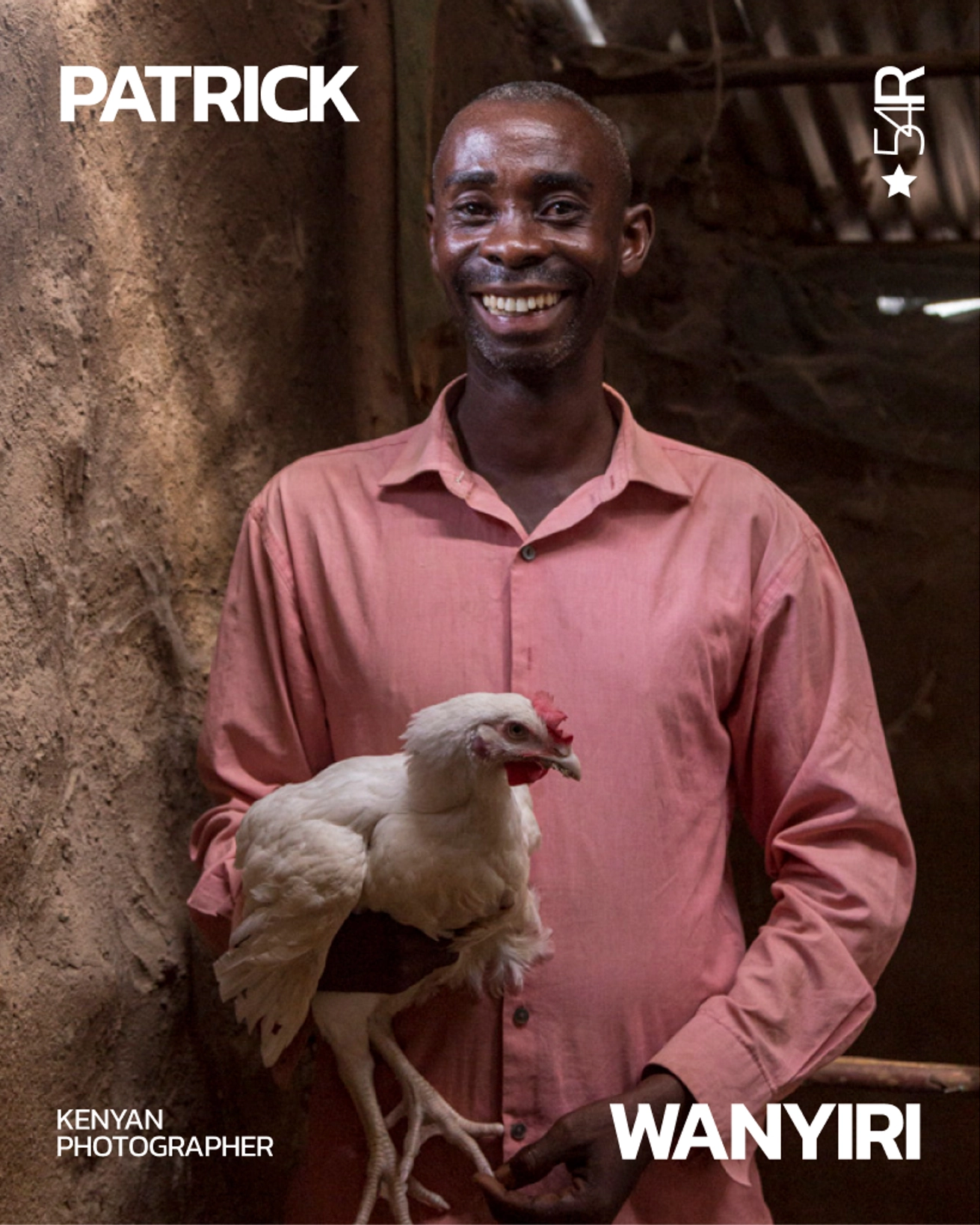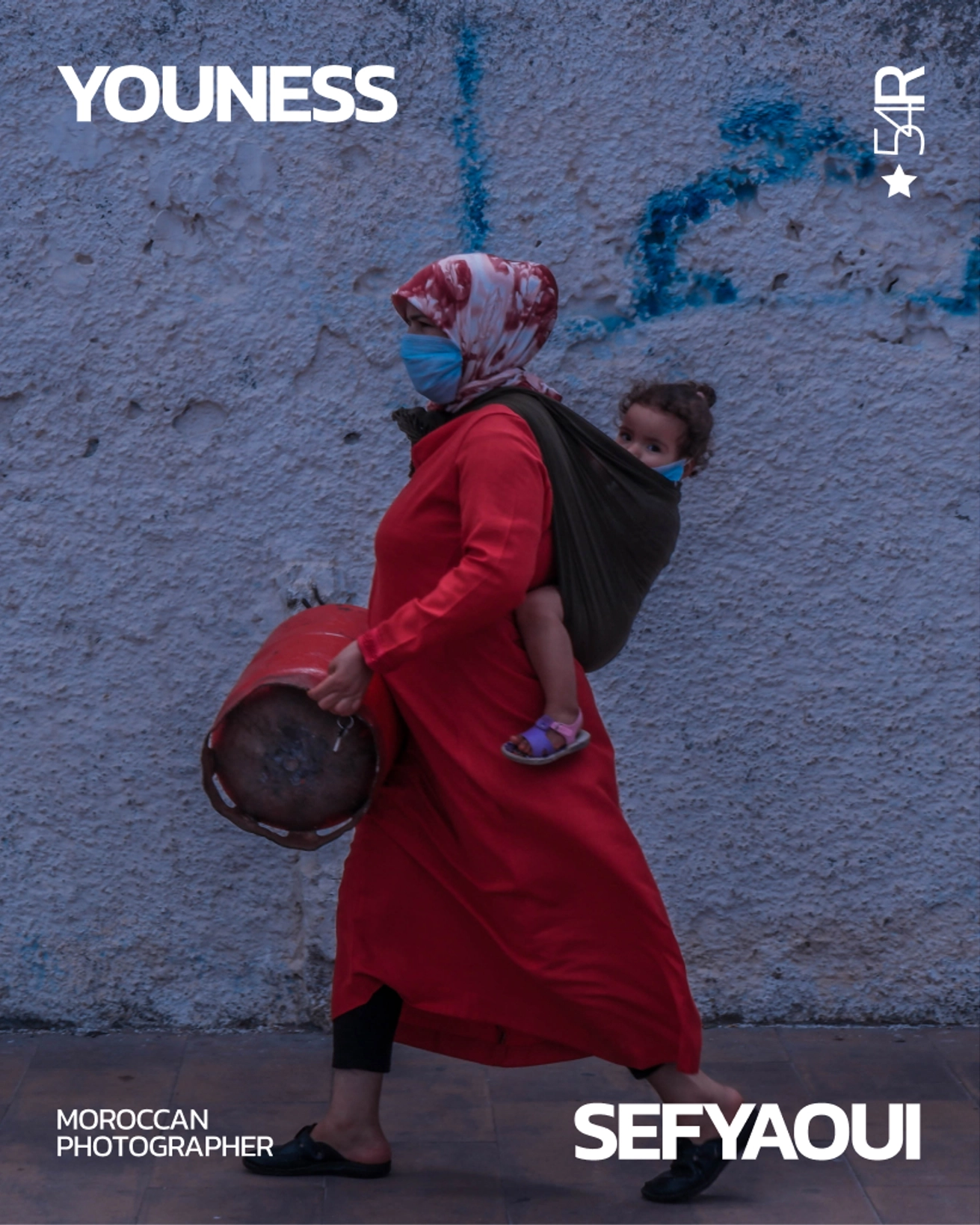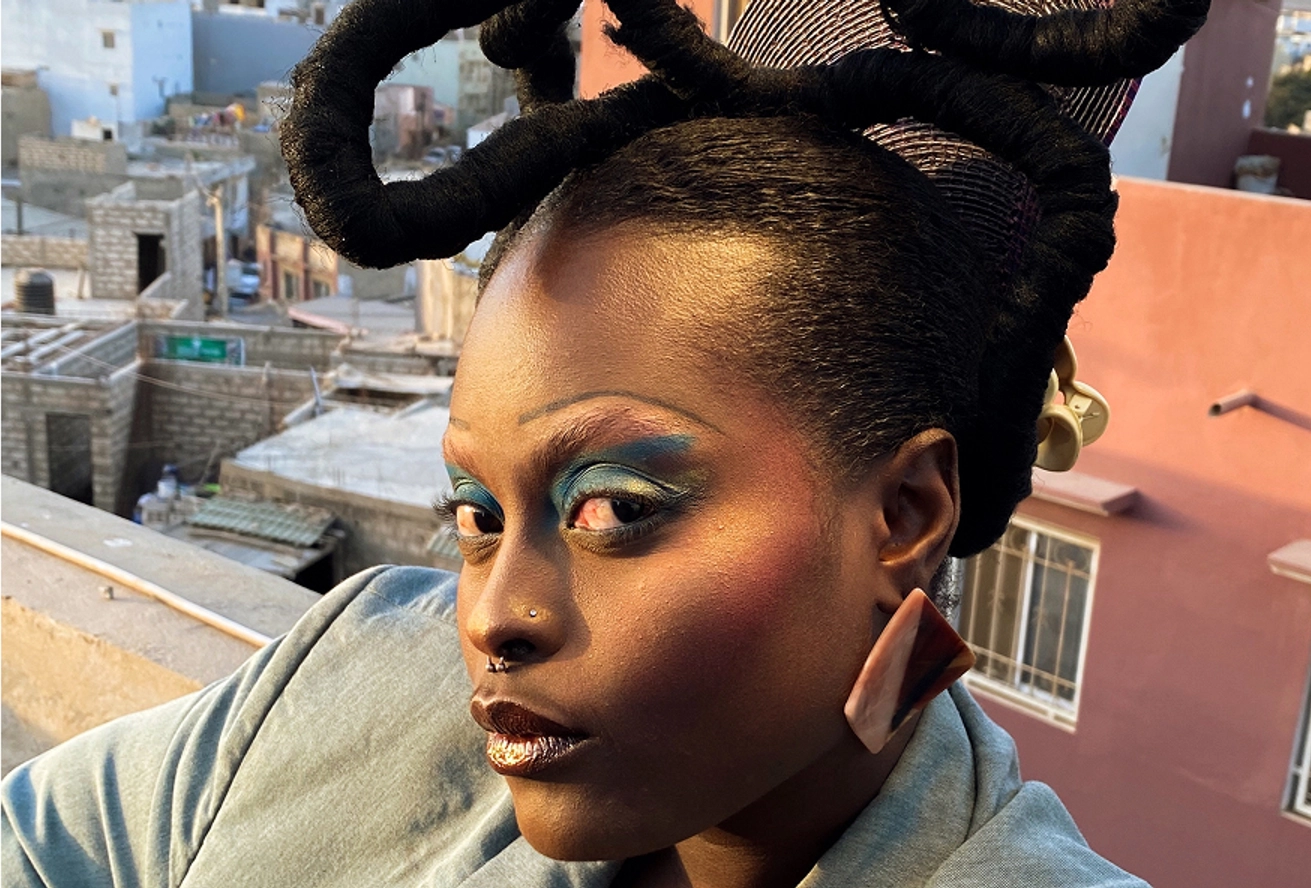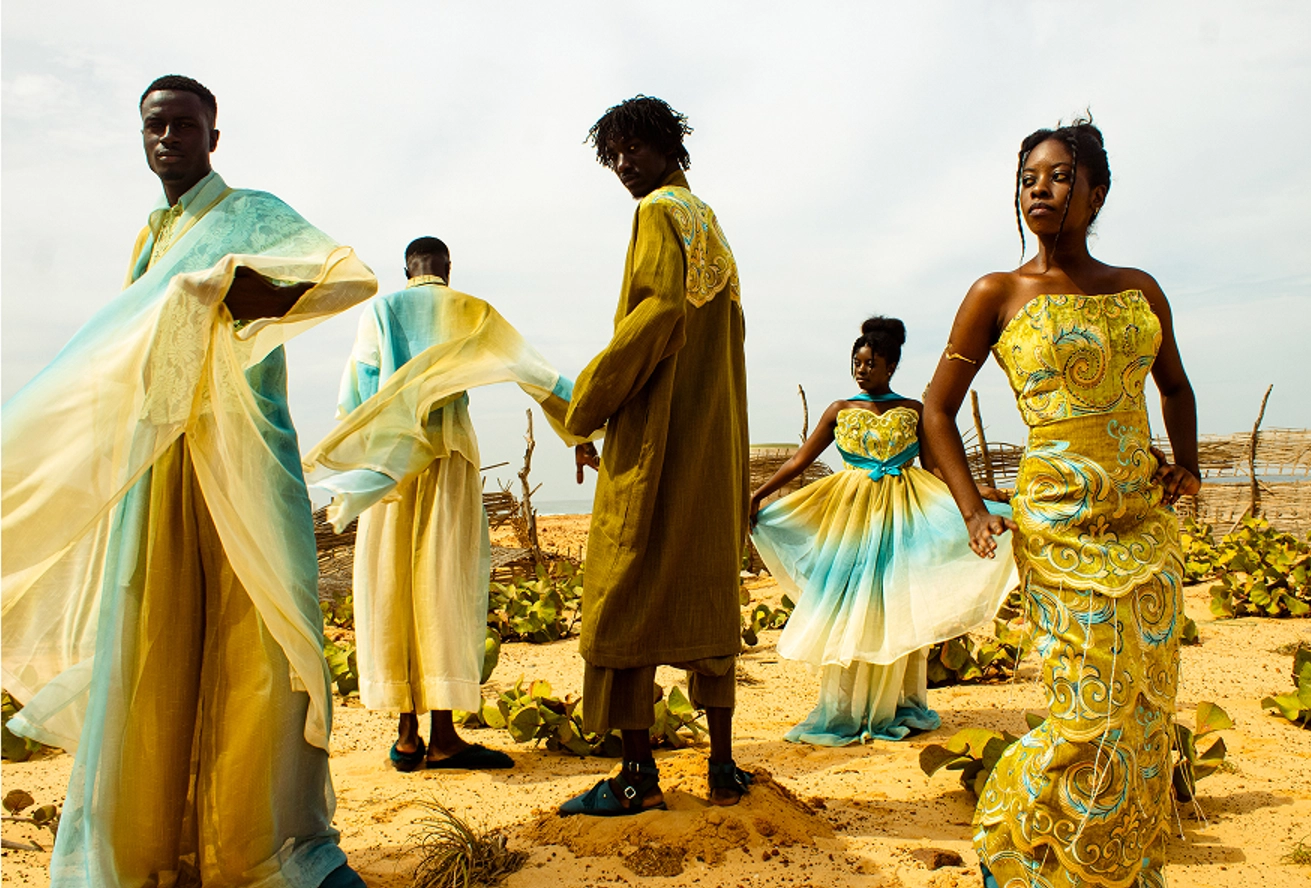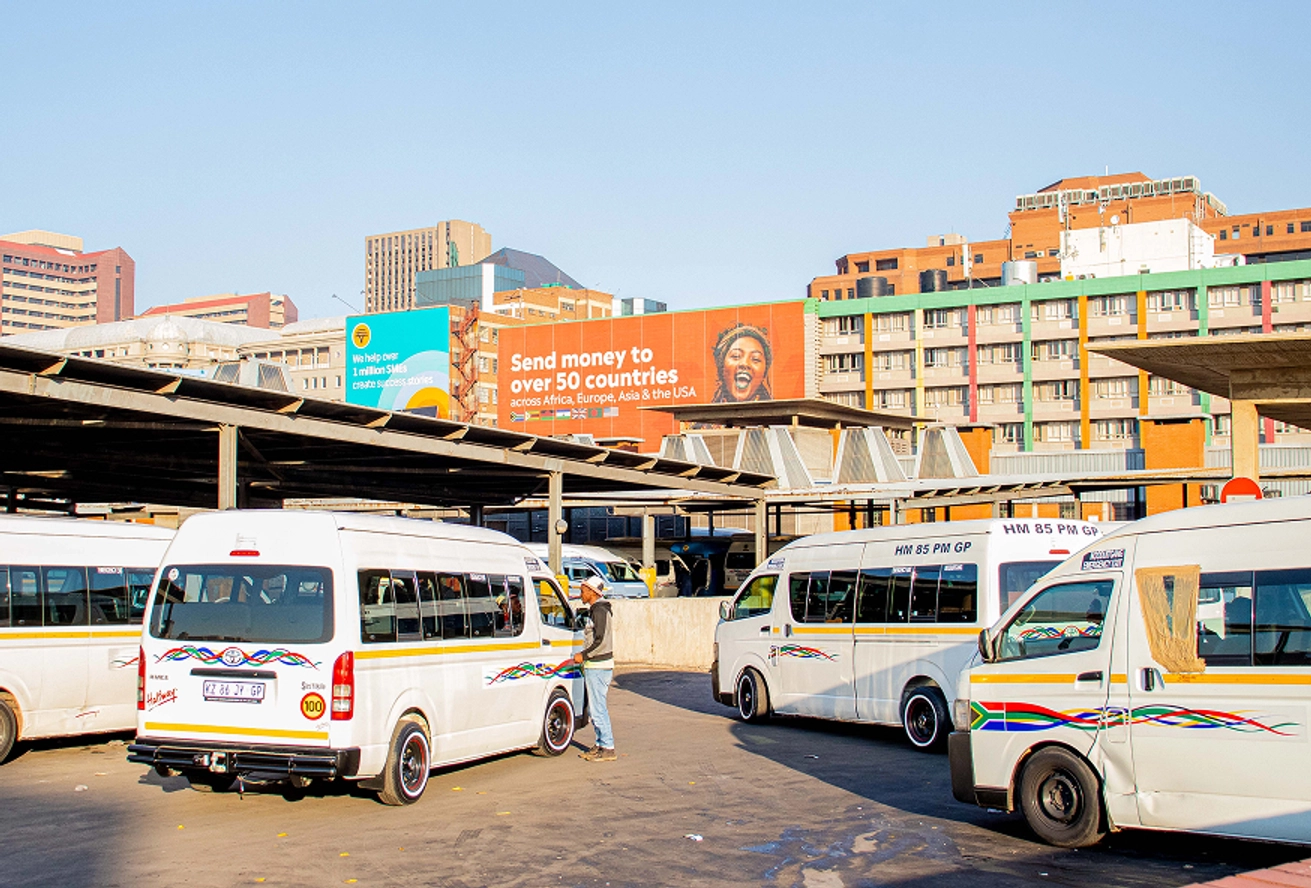Remy Ryumugabe is a Rwandan filmmaker, photographer, and visual artist whose audiovisual and photographic work has been presented at leading international festivals, galleries, and museums - including Internationale Kurzfilmtage Winterthur, Uppsala International Short Film Festival, Oberhausen International Short Film Festival, Fribourg International Film Festival, Locarno Film Festival, BFI London Film Festival, Galerie Imane Farès, Museum Hilversum, Het Nieuwe Instituut, Indiba Arts Gallery, Goethe-Institut Kigali, and the Kigali Center for Photography, among others.
His works have received distinctions such as the Jury’s Special Mention at the 41st Uppsala International Short Film Festival, Best Experimental Film at the 15th Festival Internacional de Cine Africano de Argentina, Best Male Director in Short Documentary at the 8th Urusaro International Women Film Festival, and the Young African Filmmakers’ Award for Best Short Documentary at the 29th Afrika Filmfestival Leuven.
